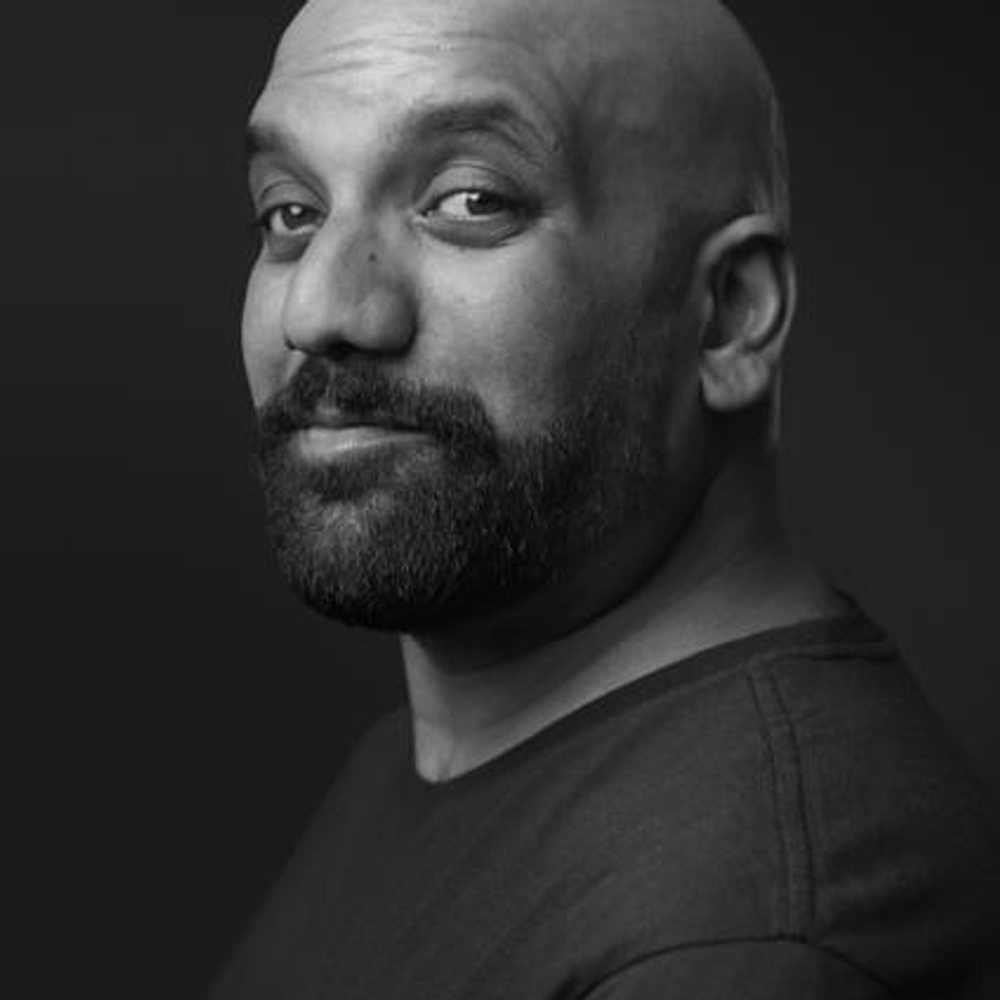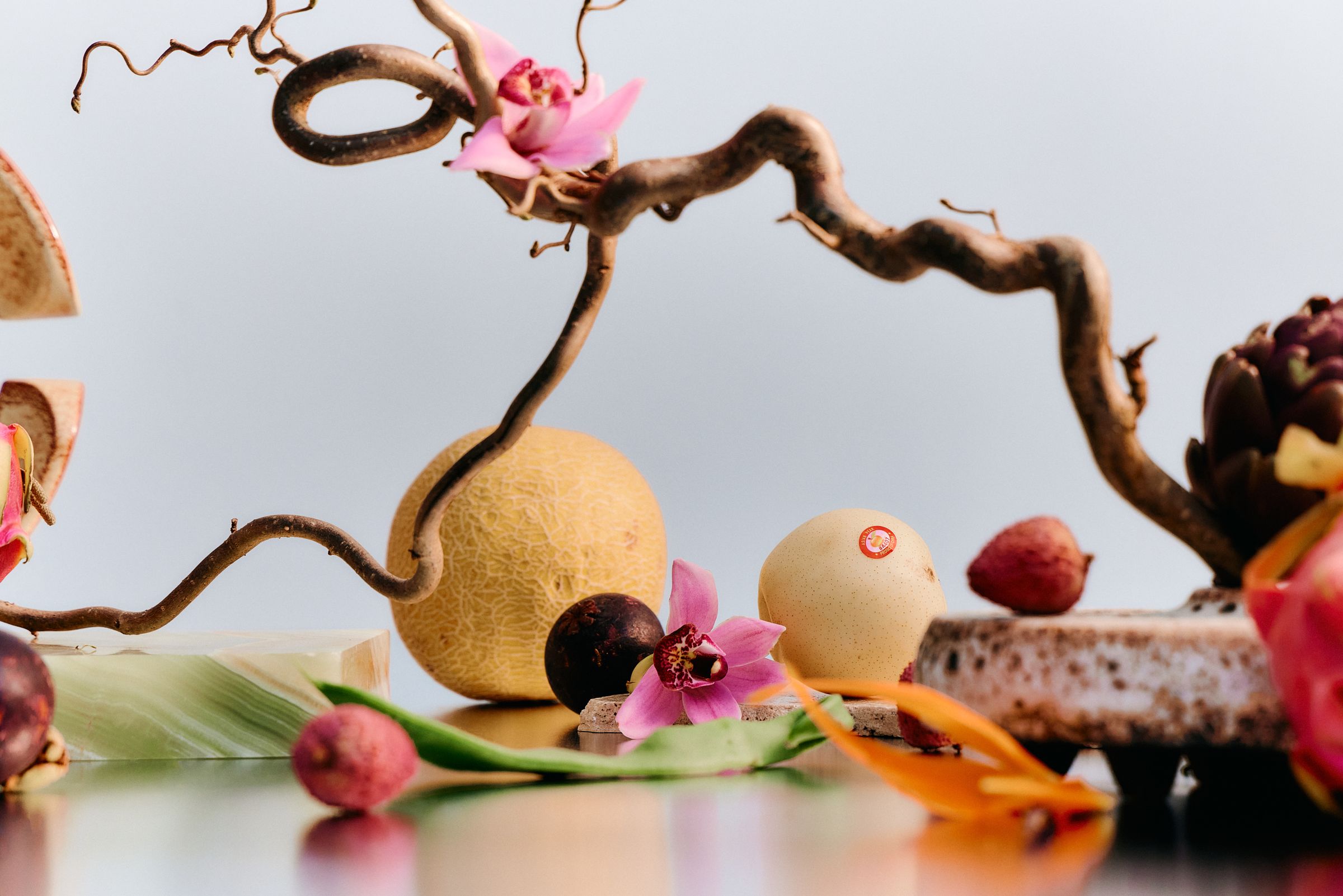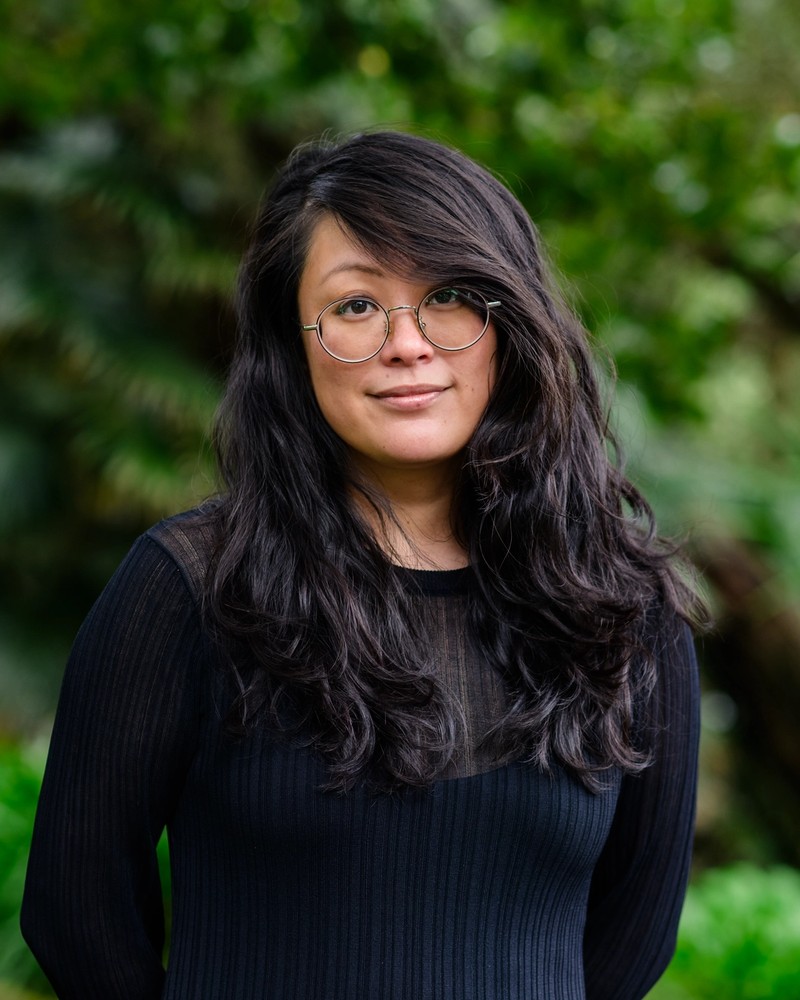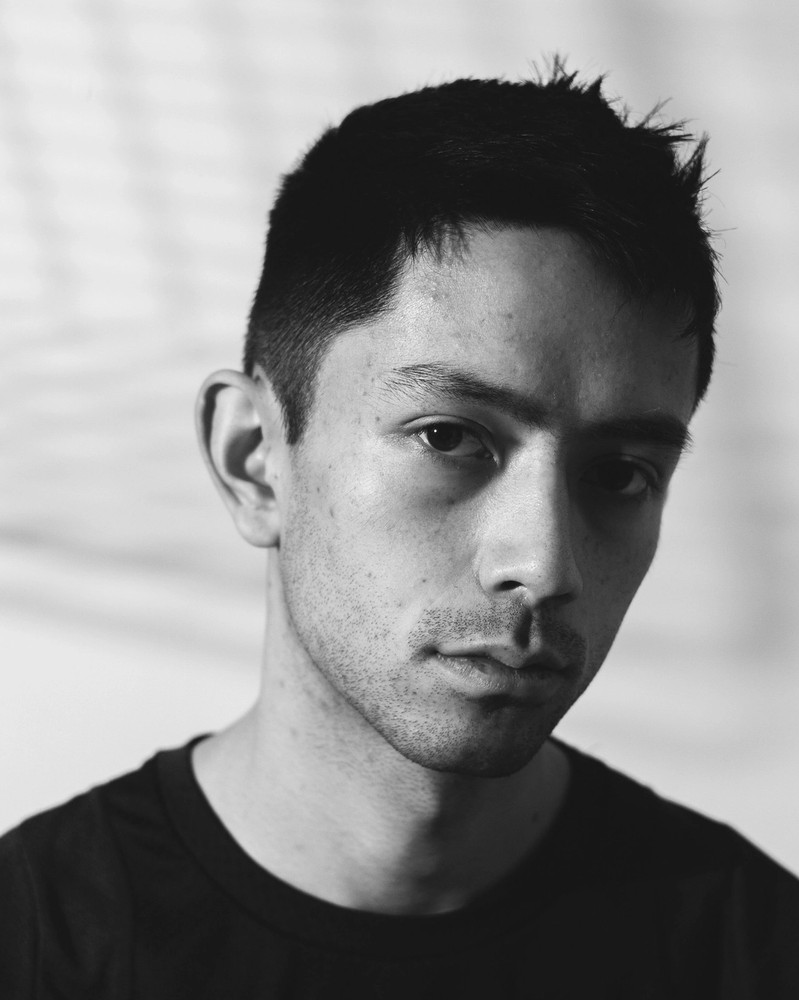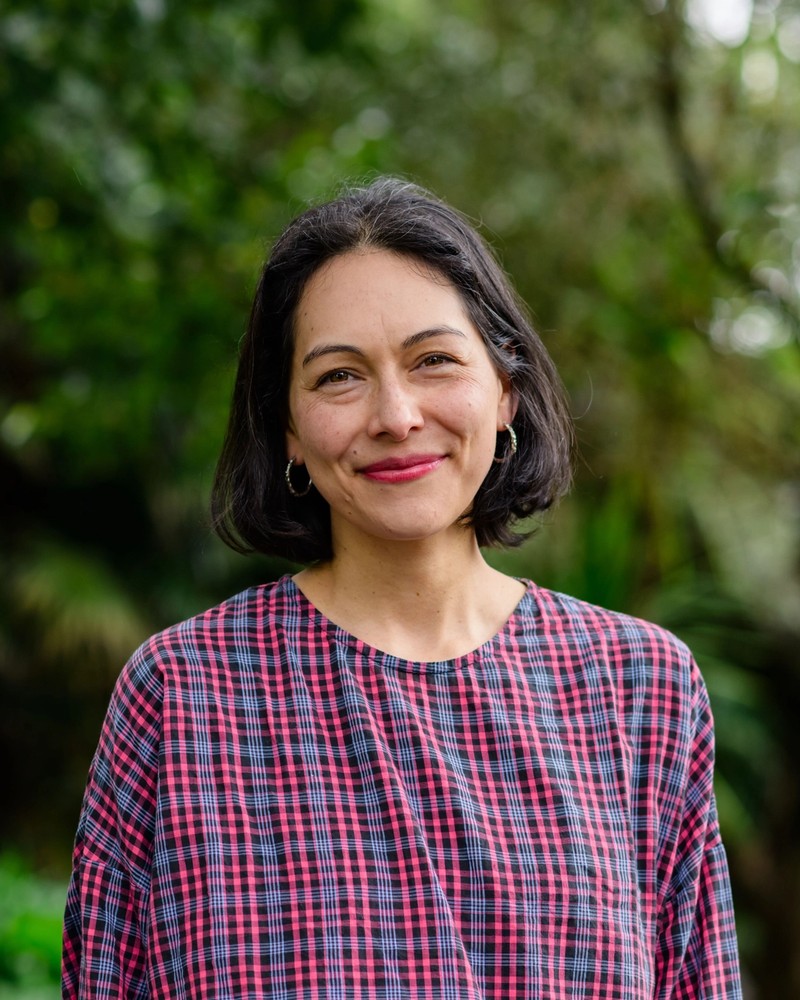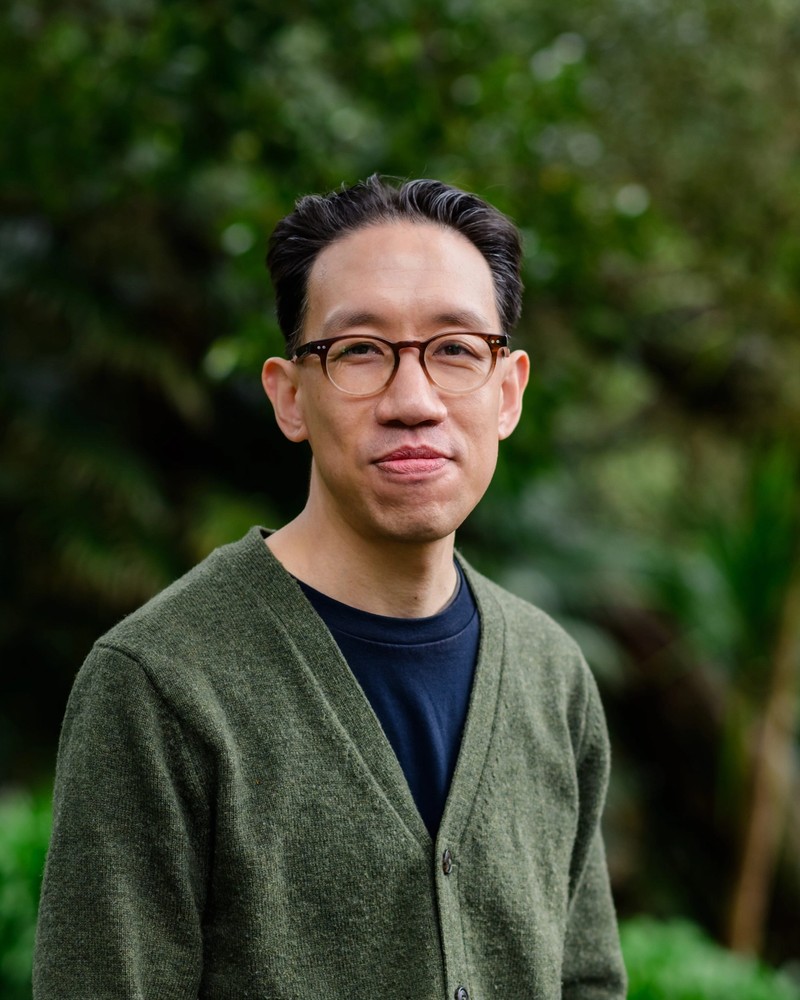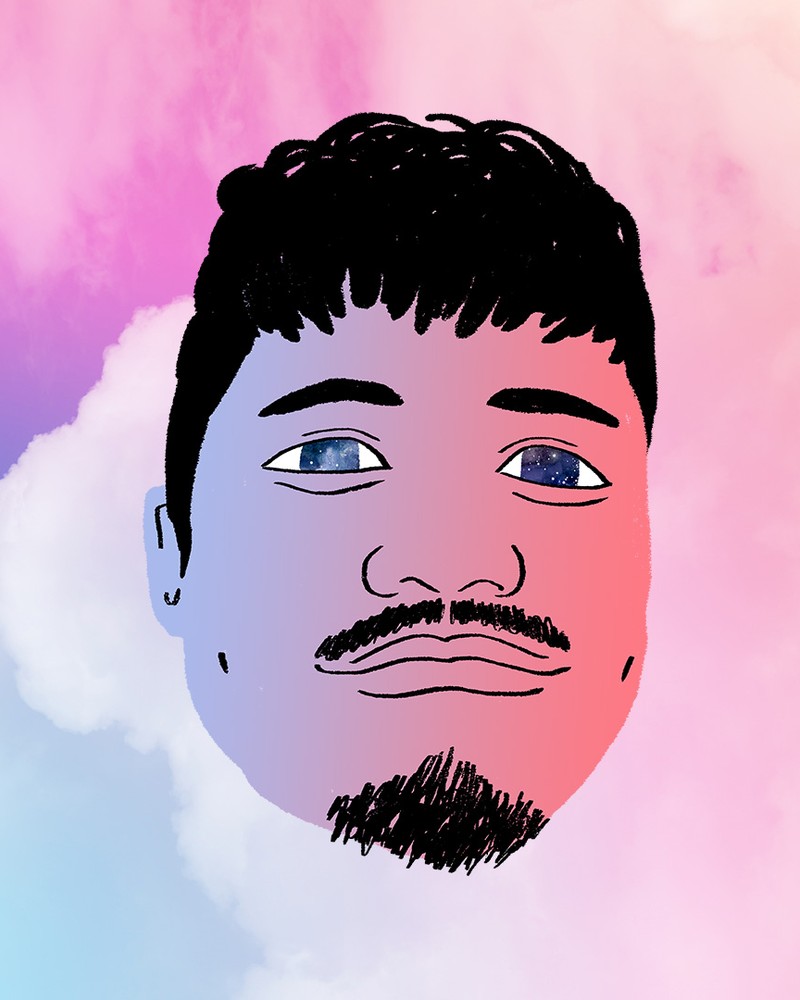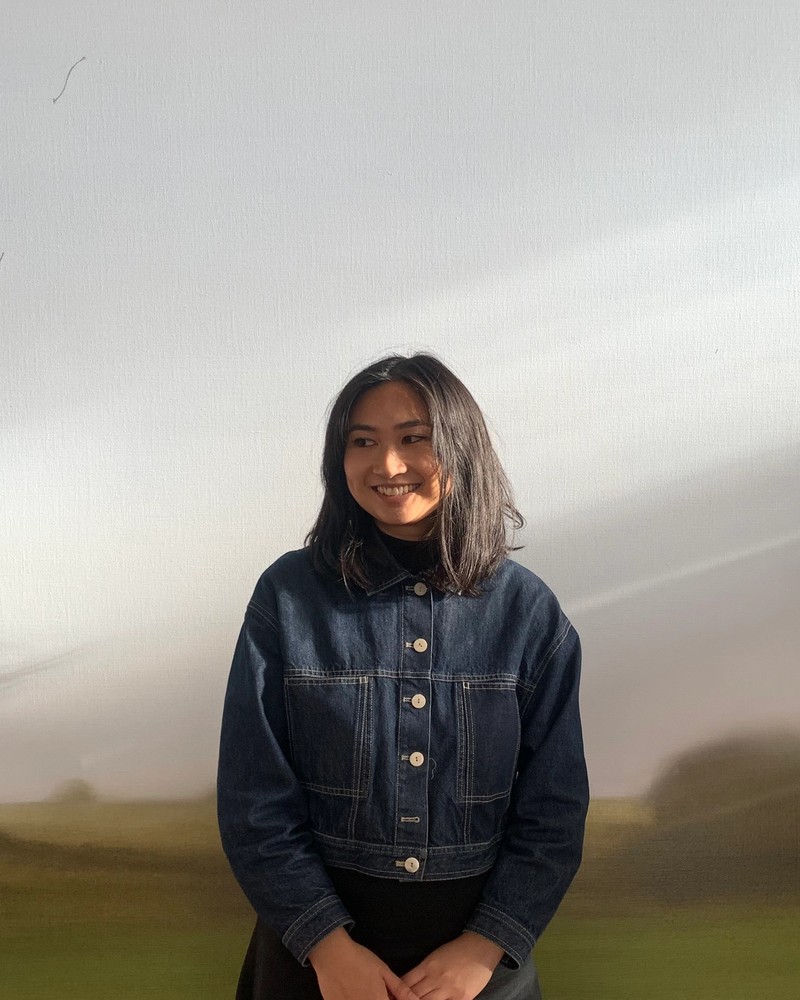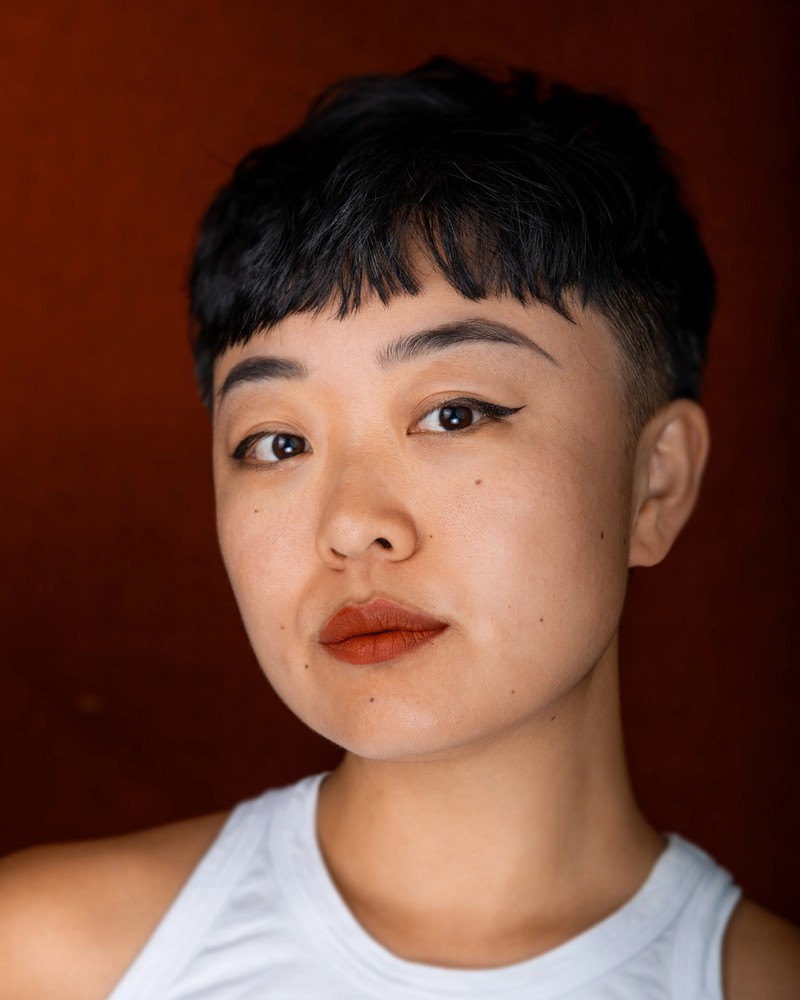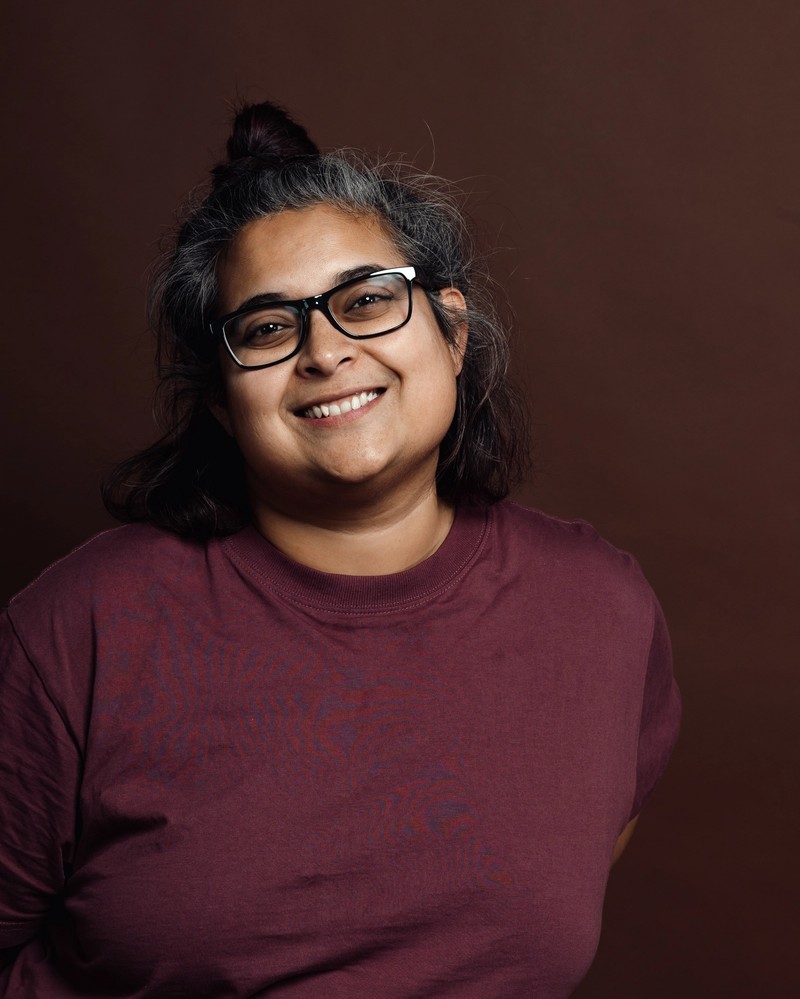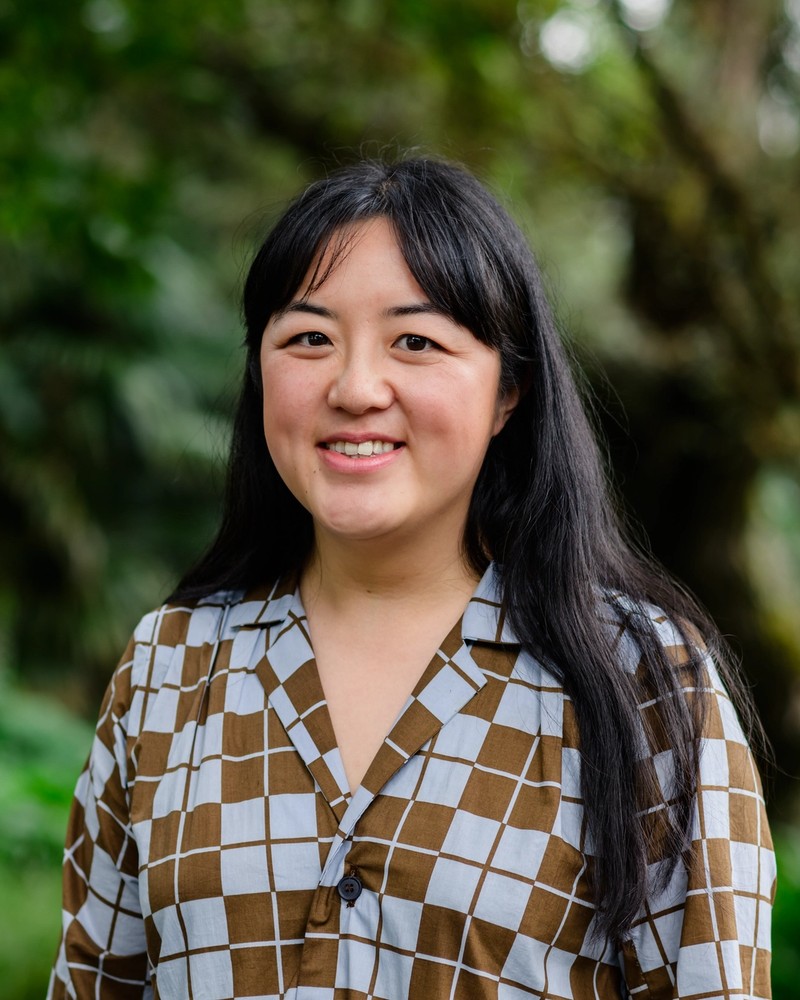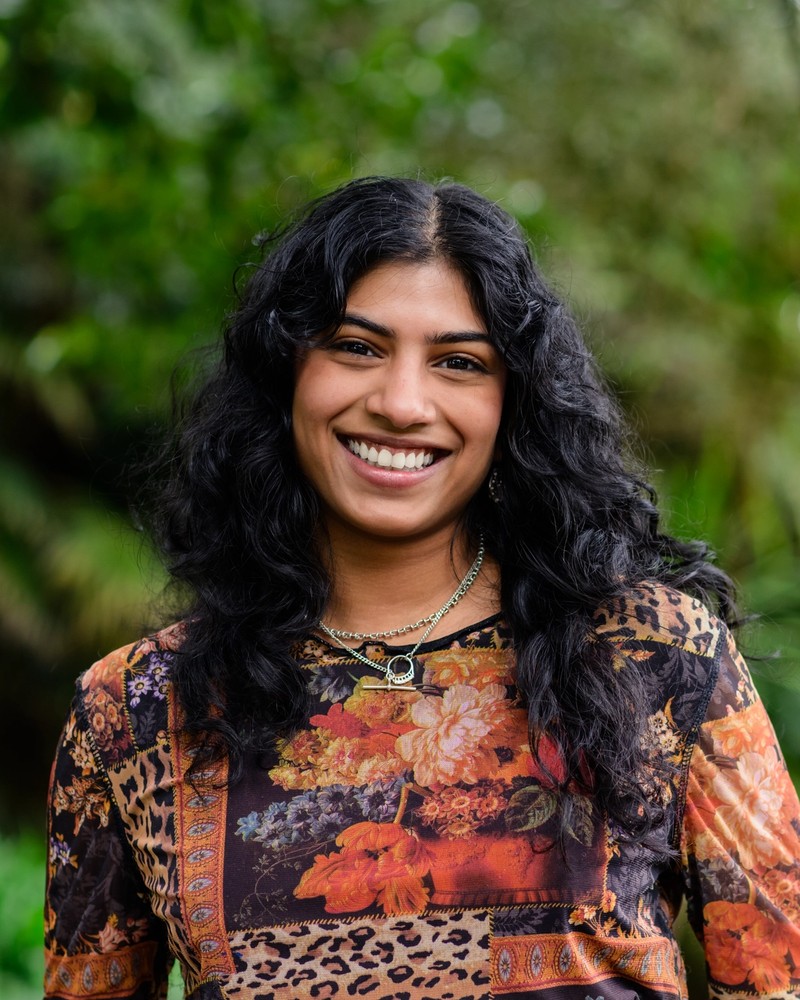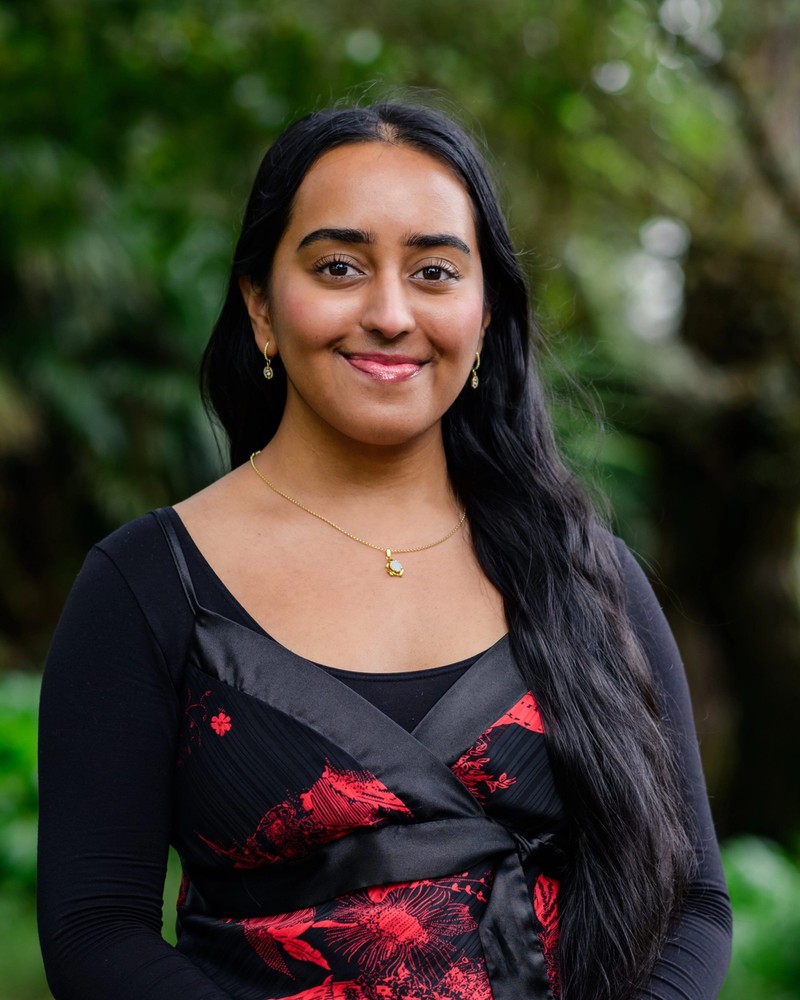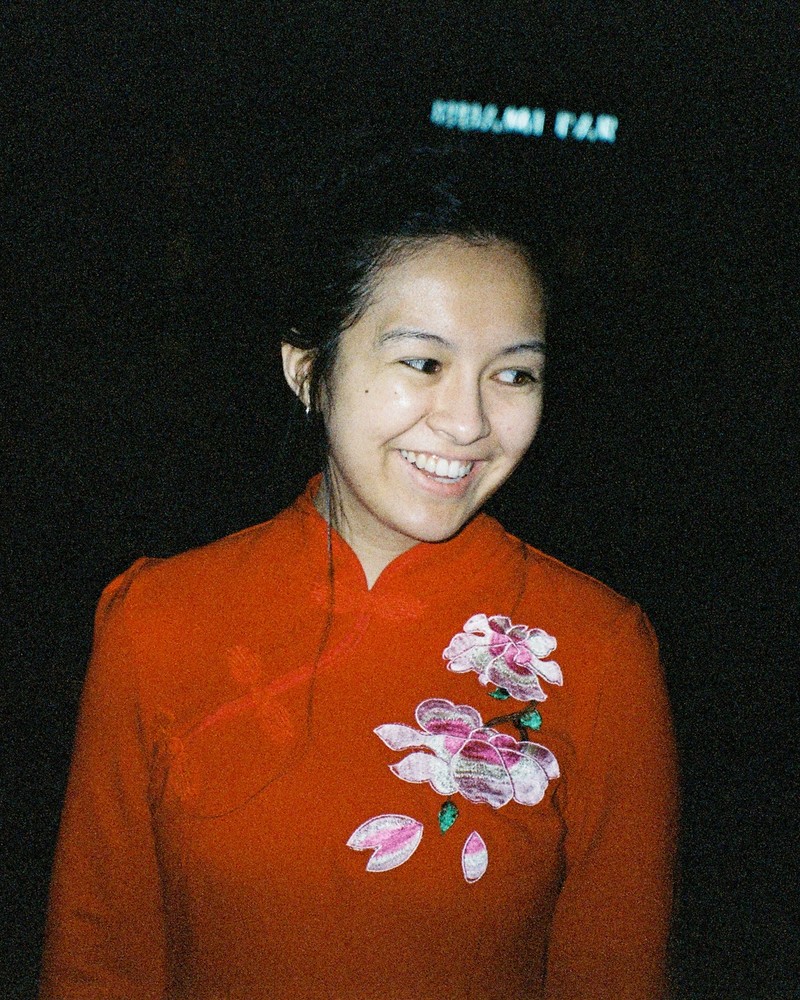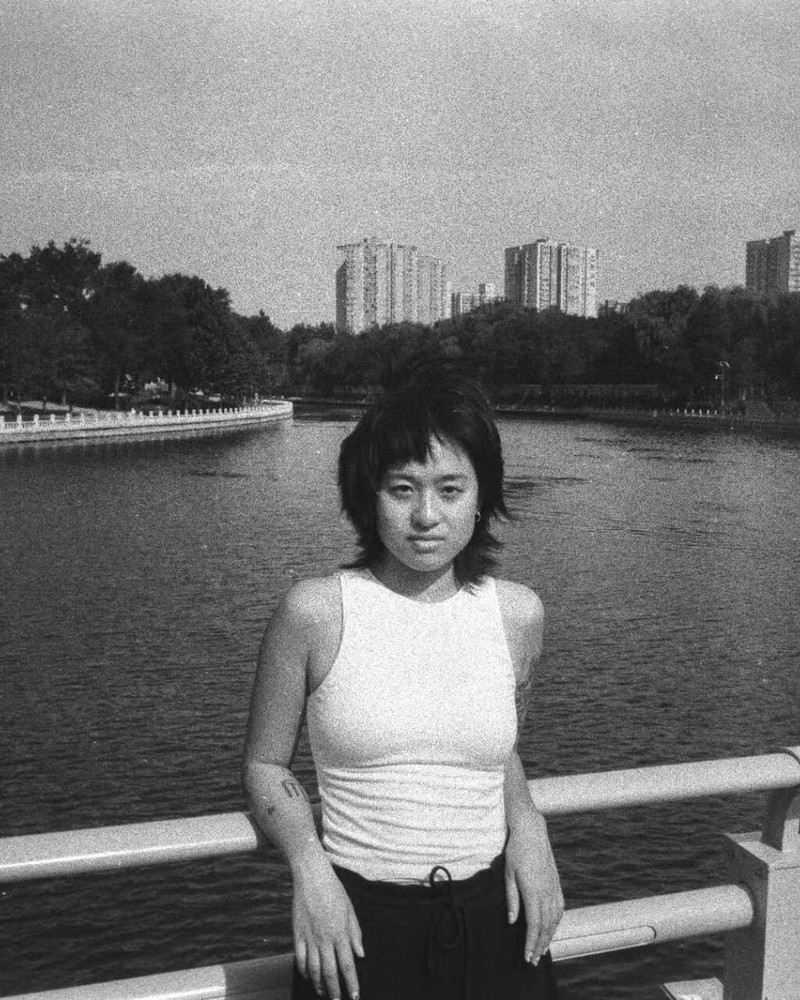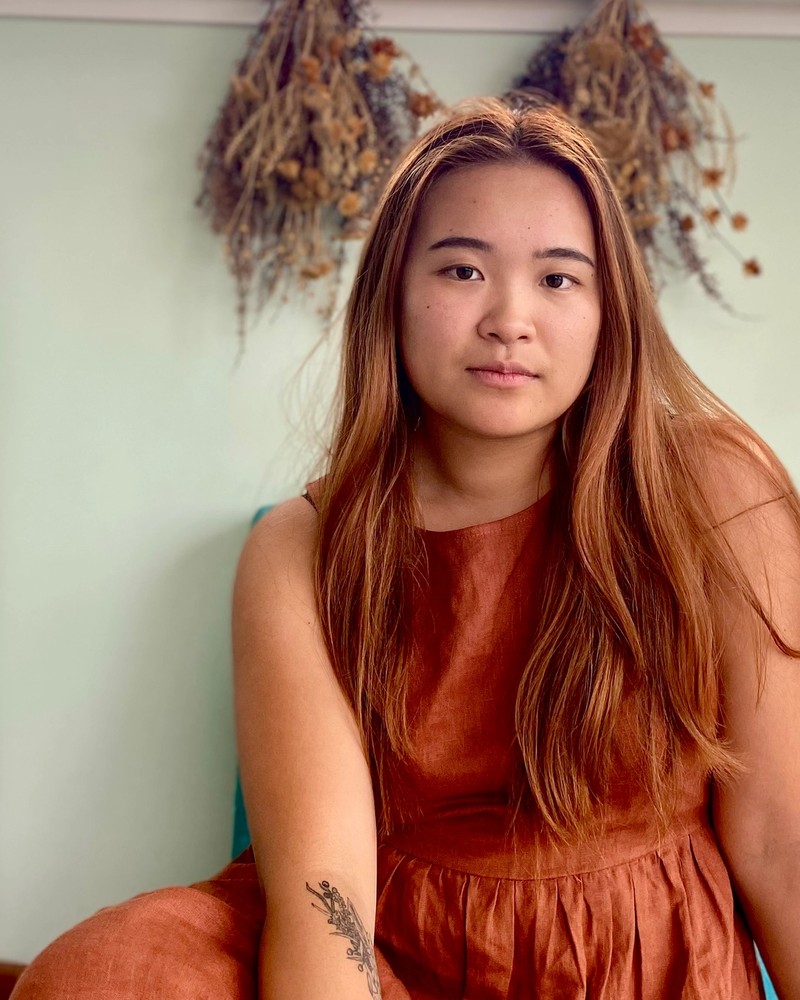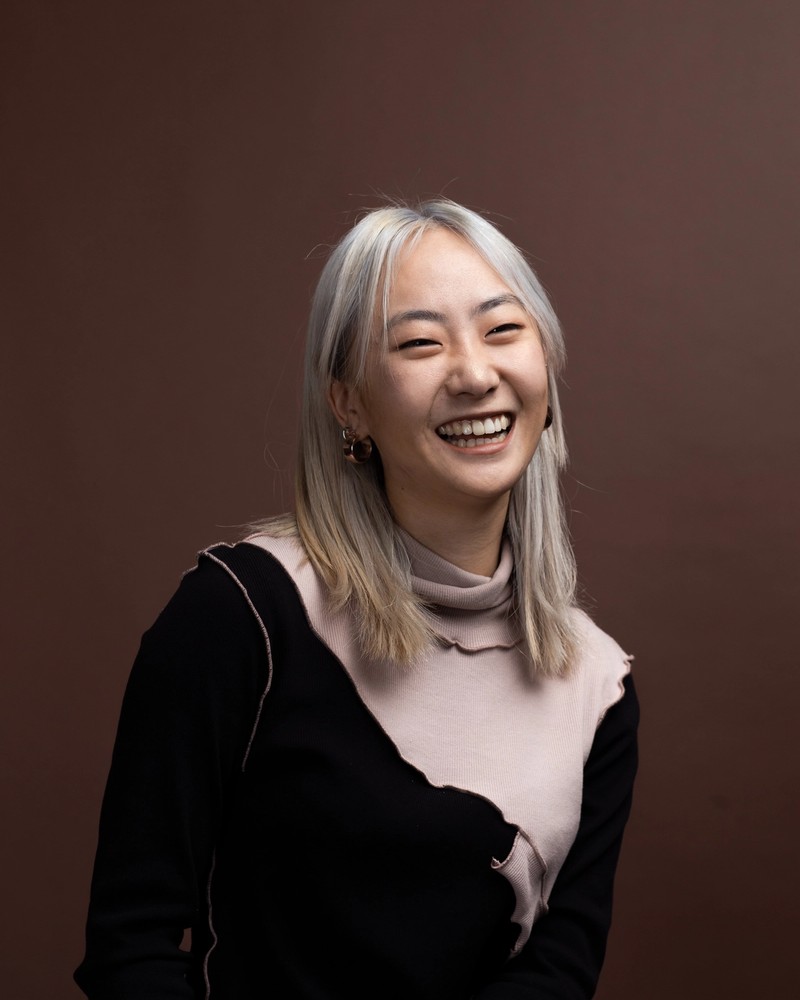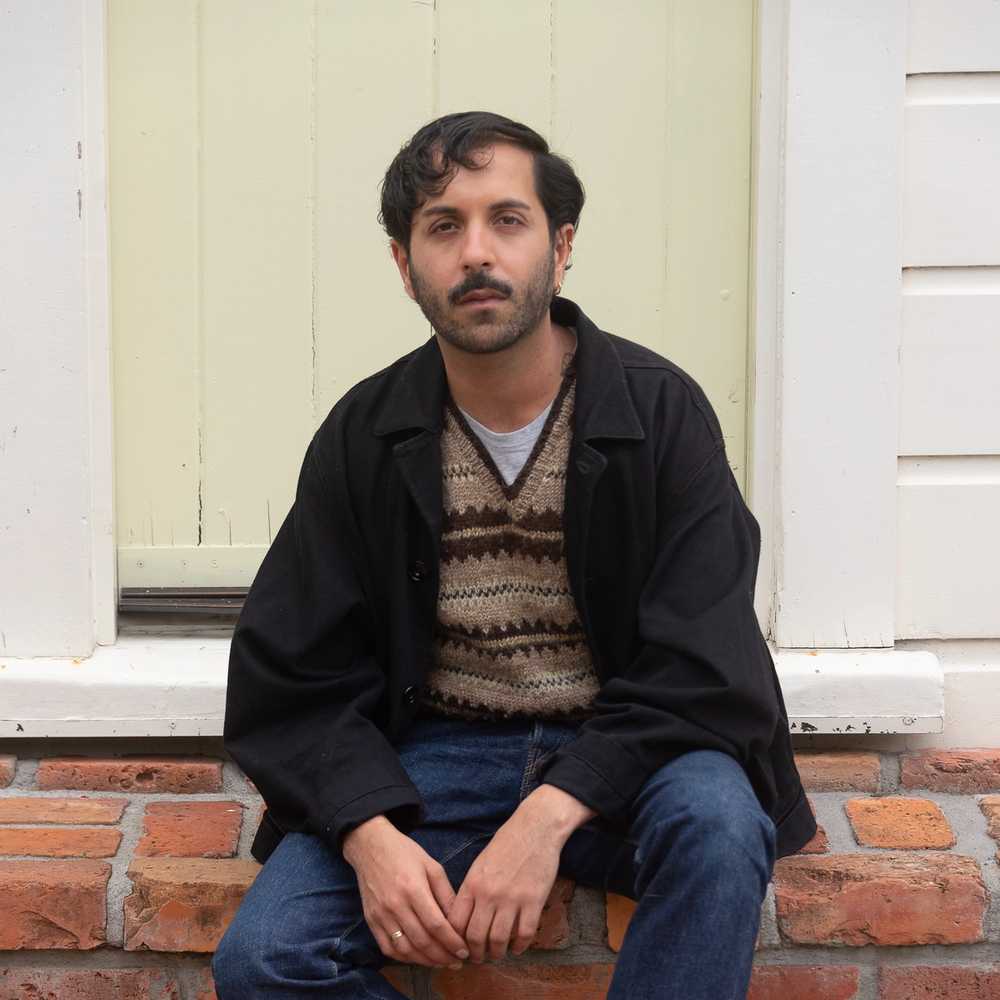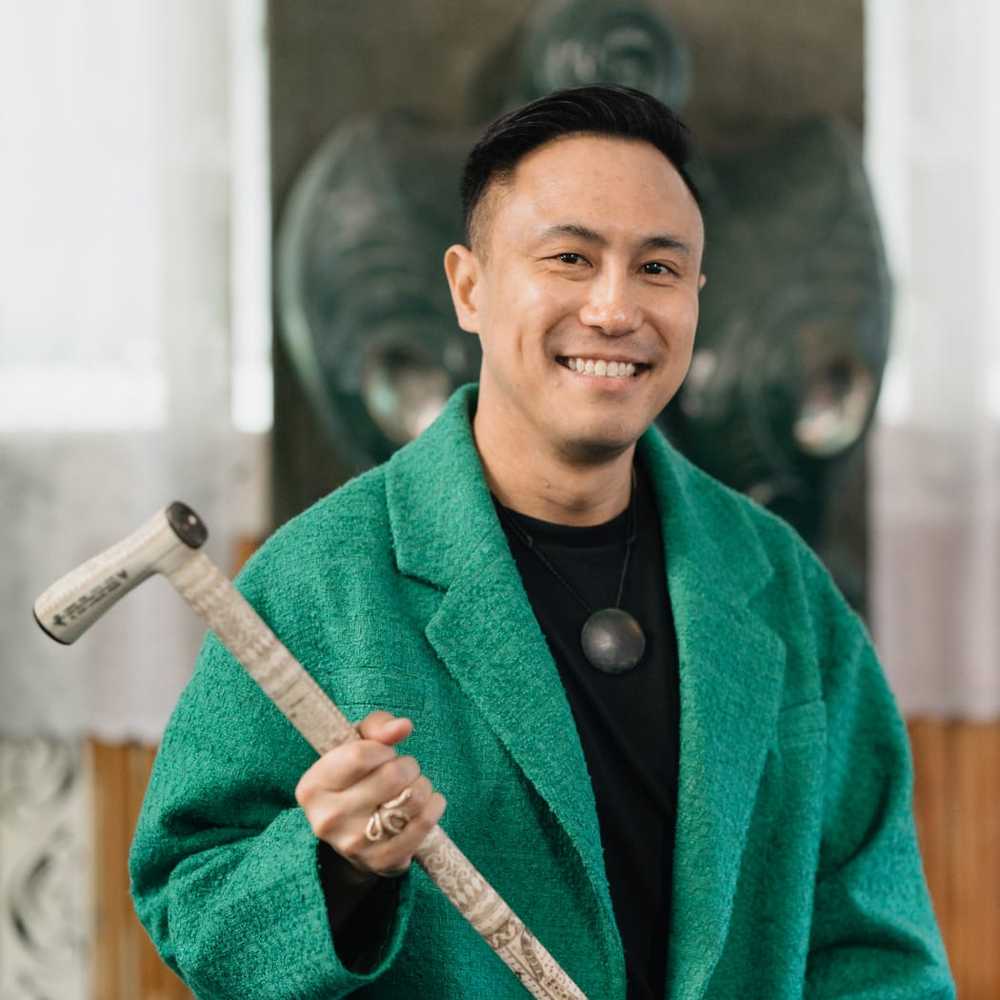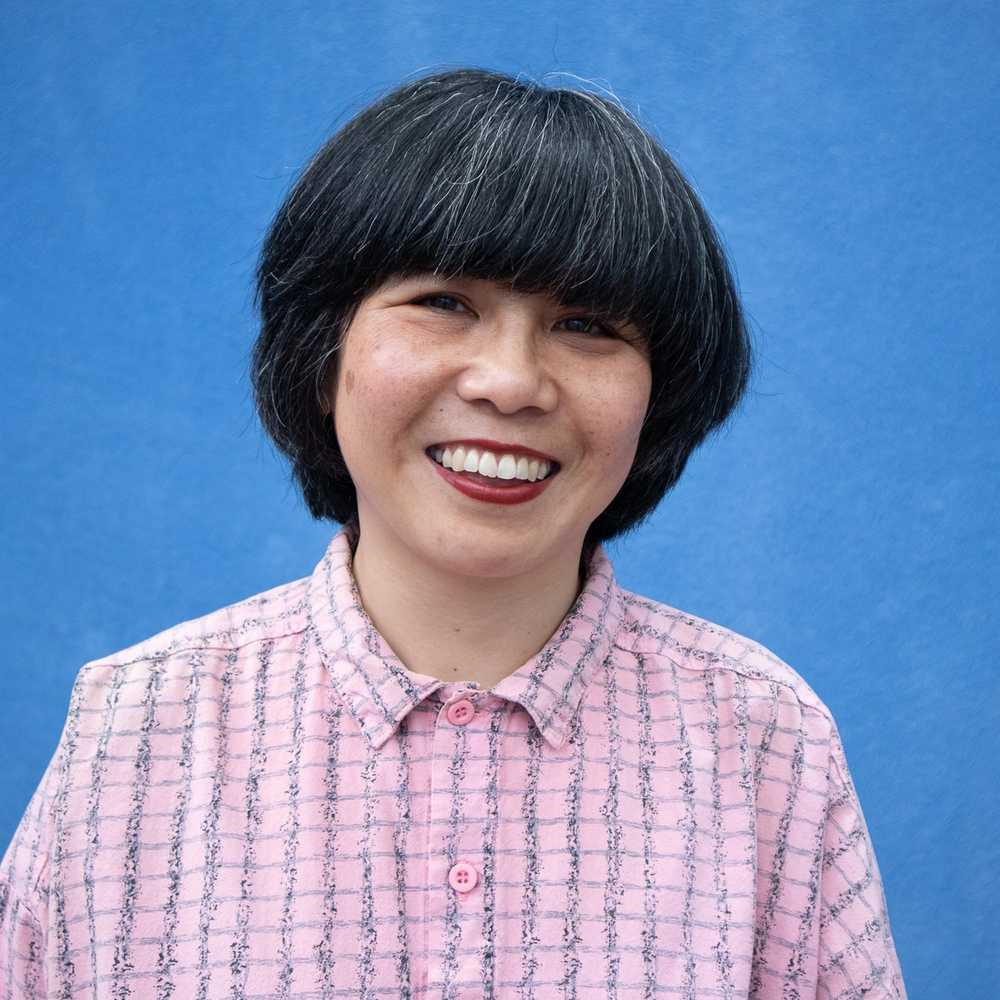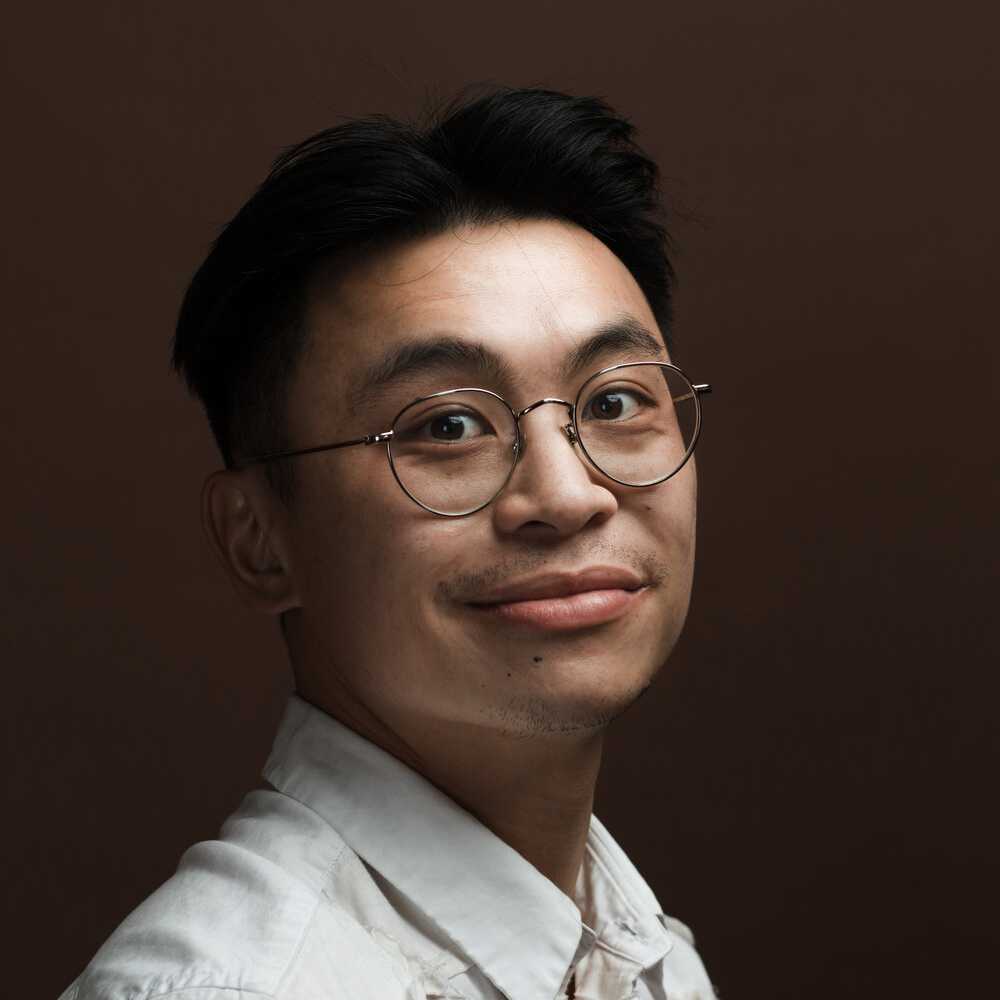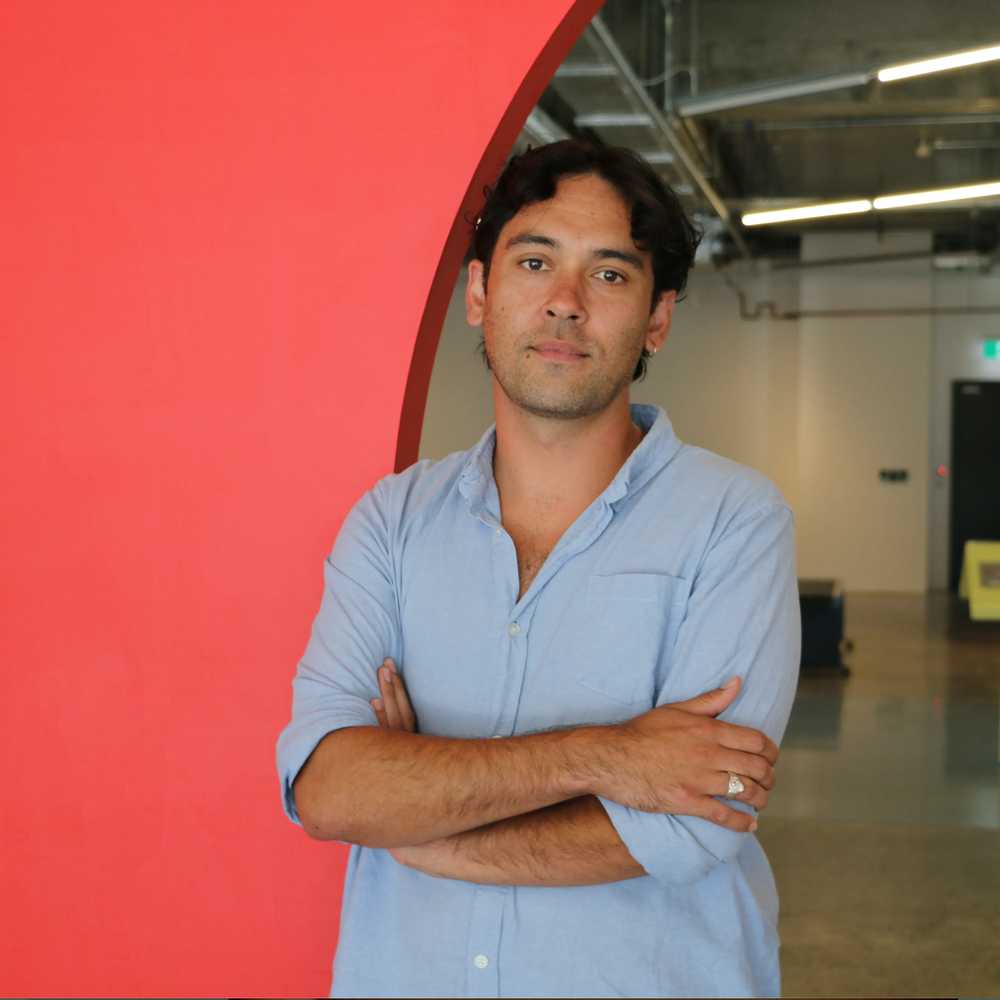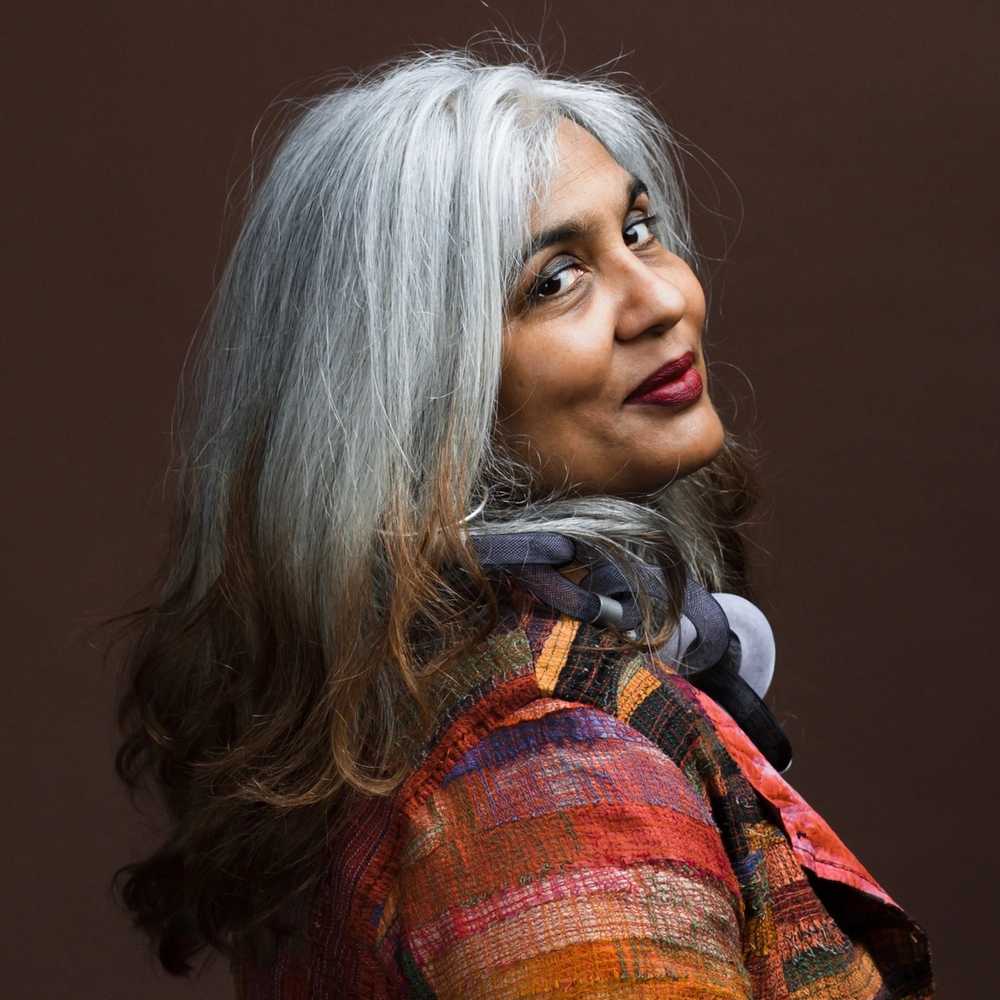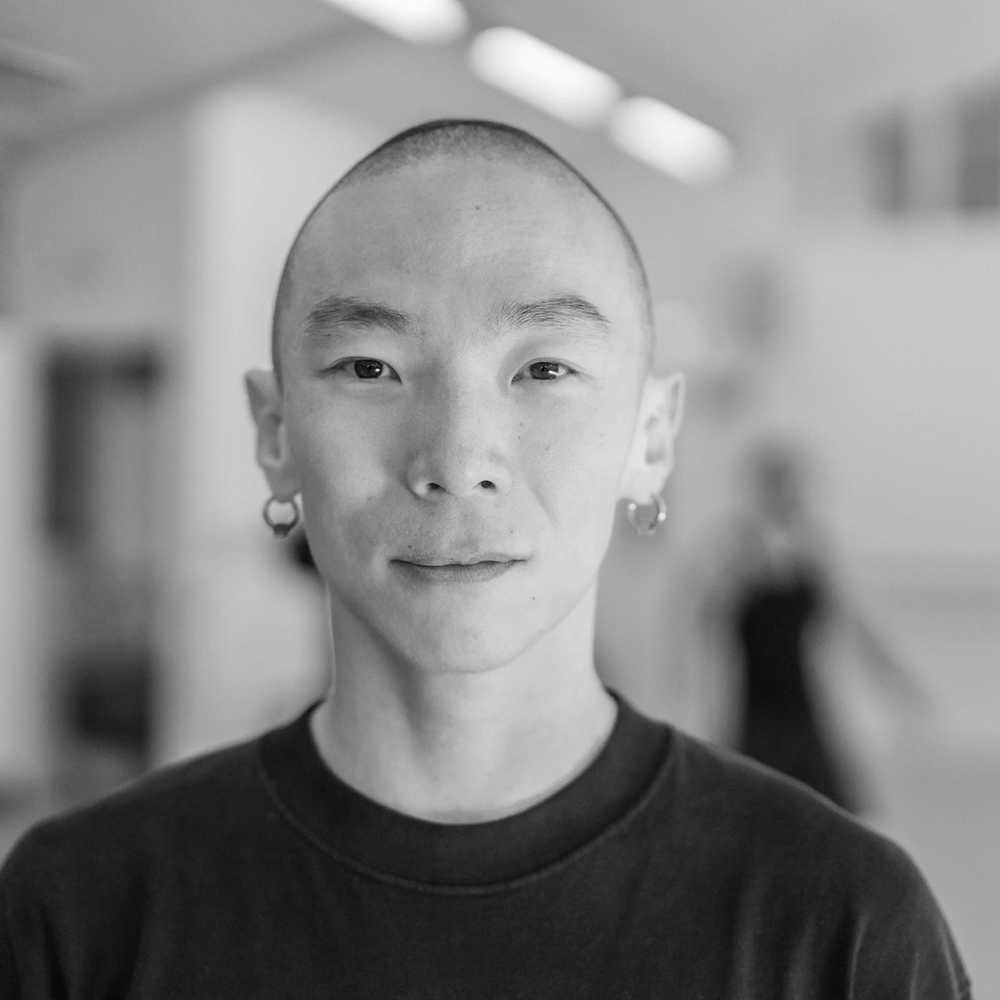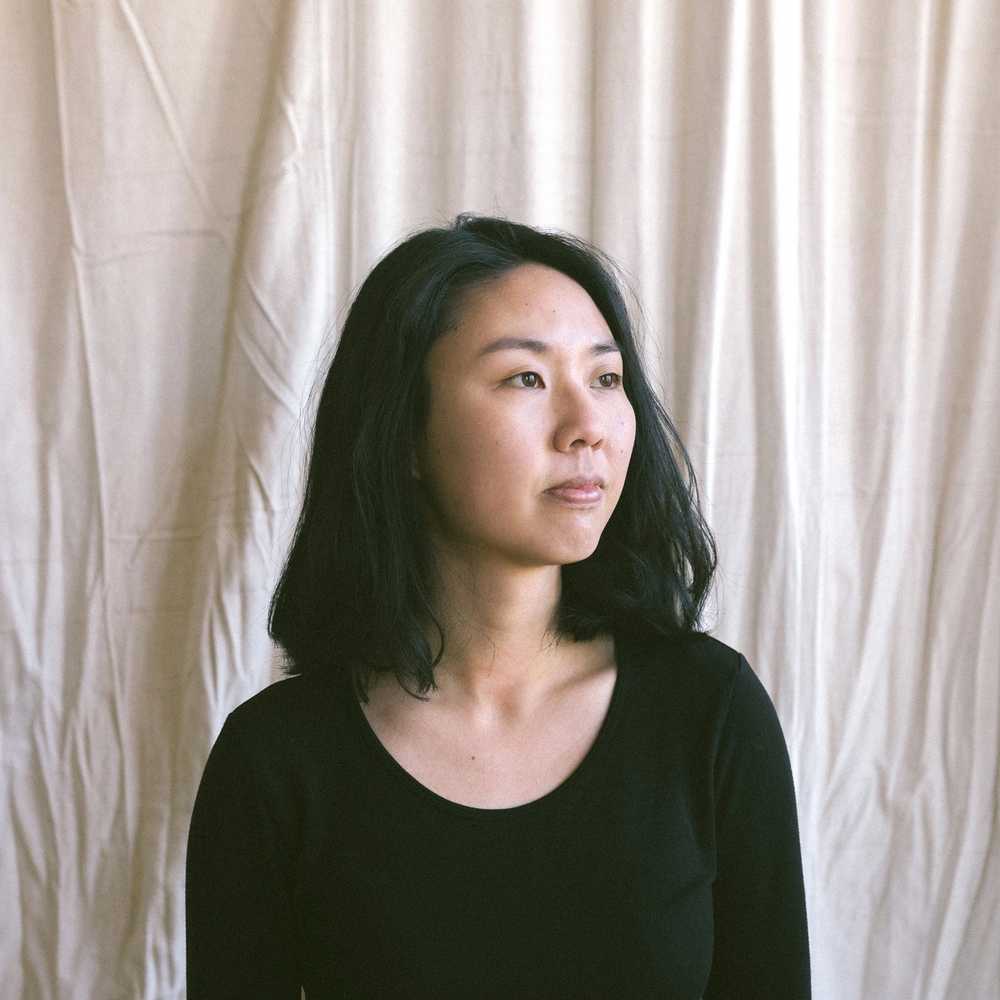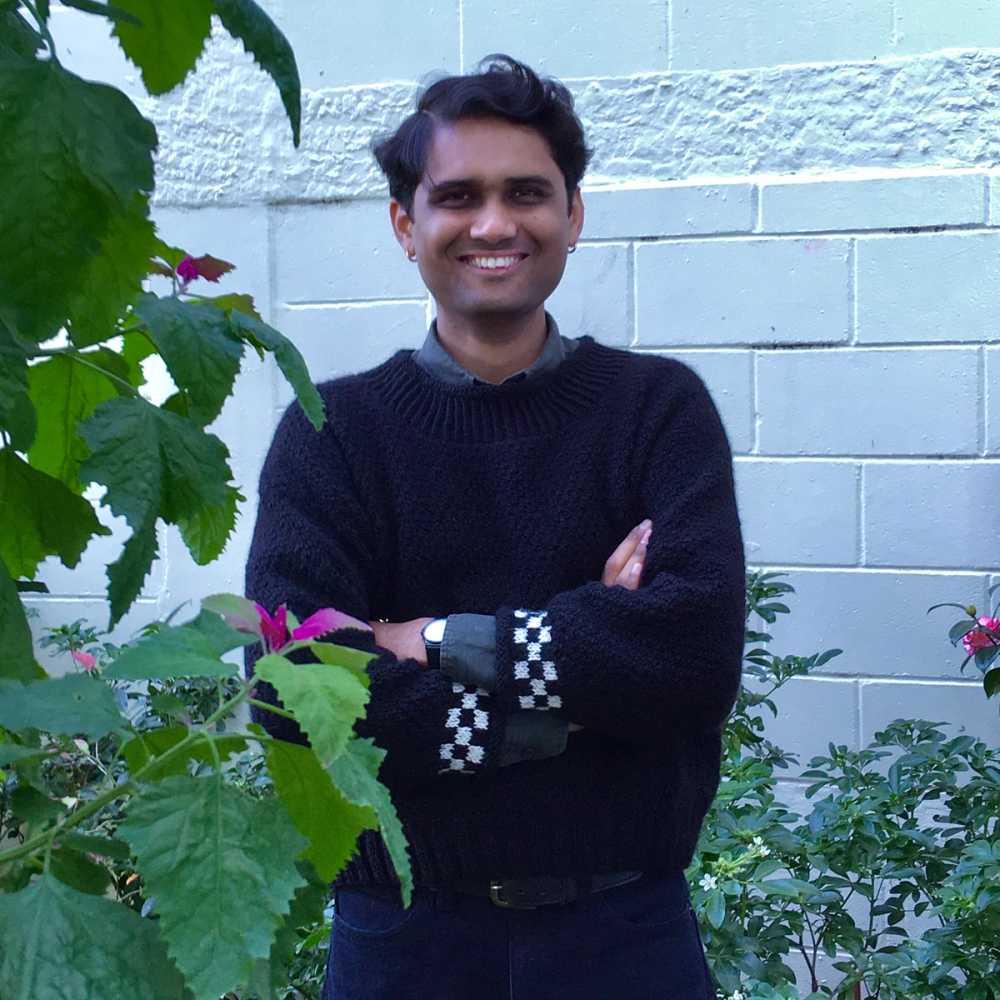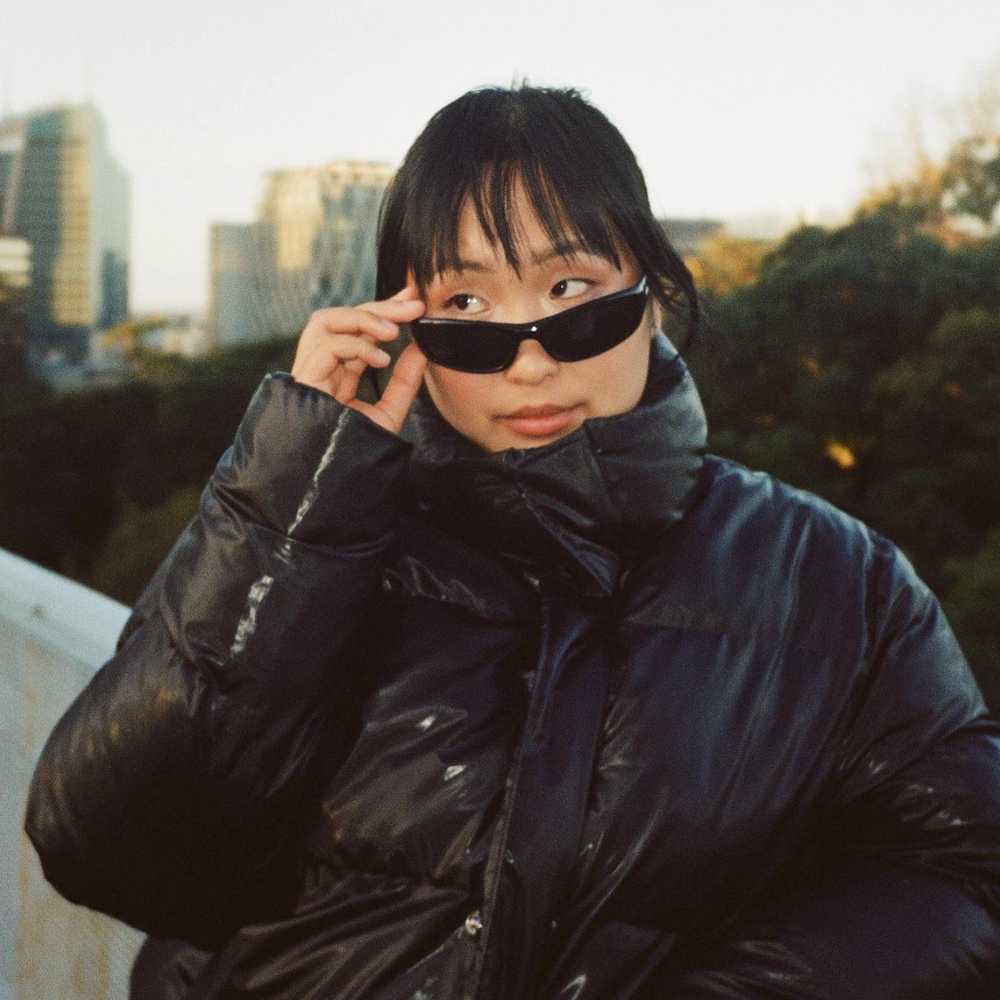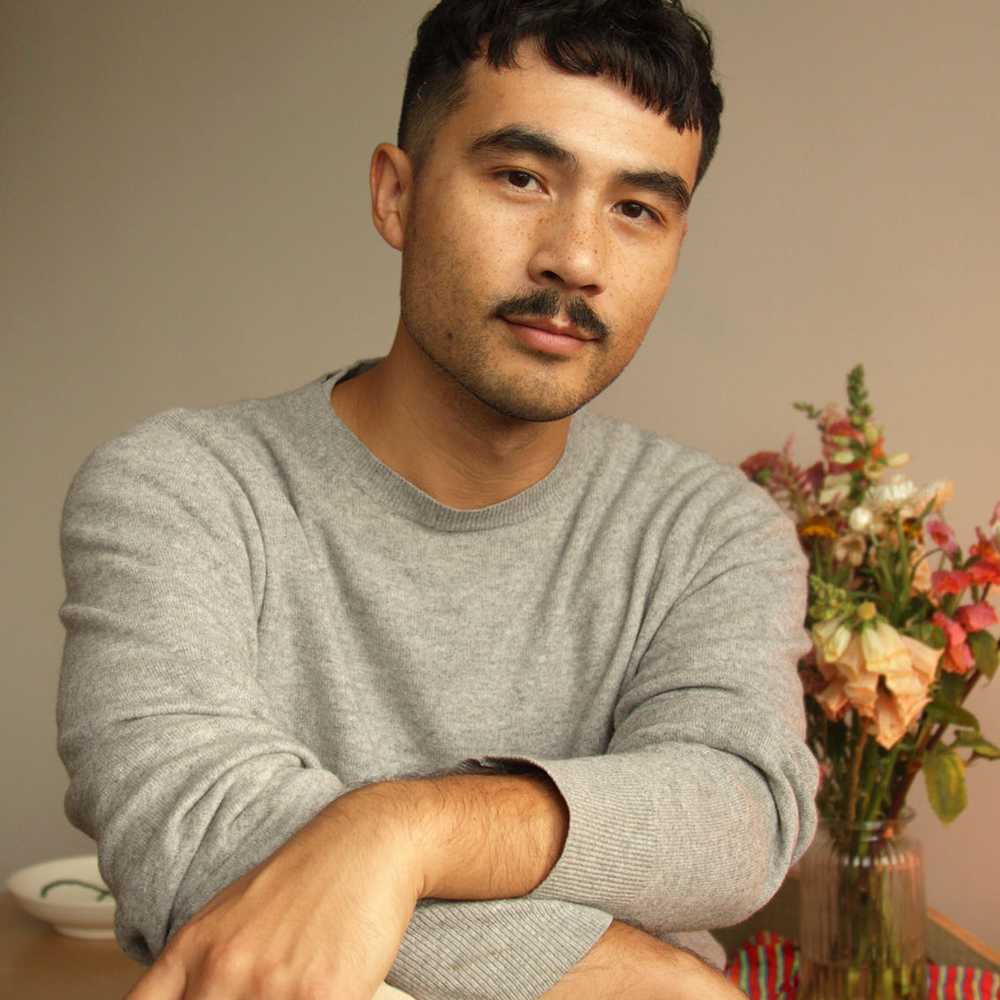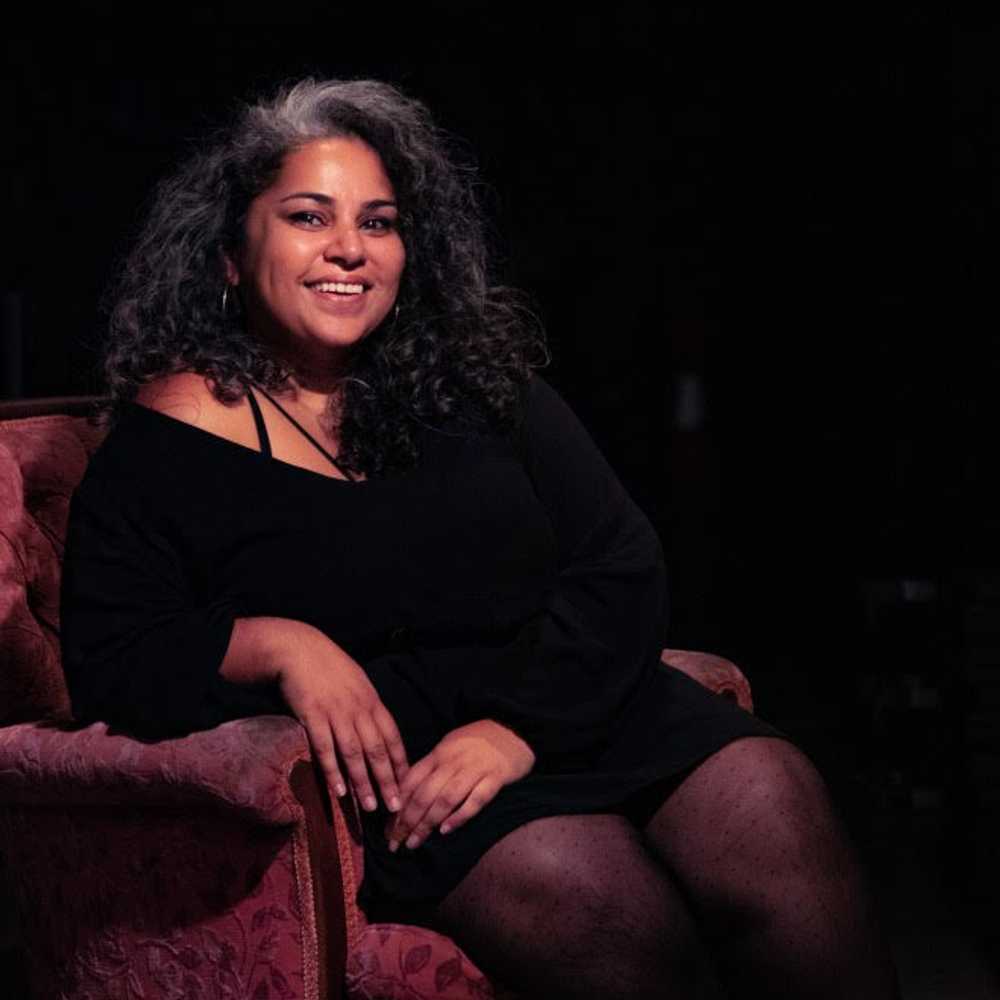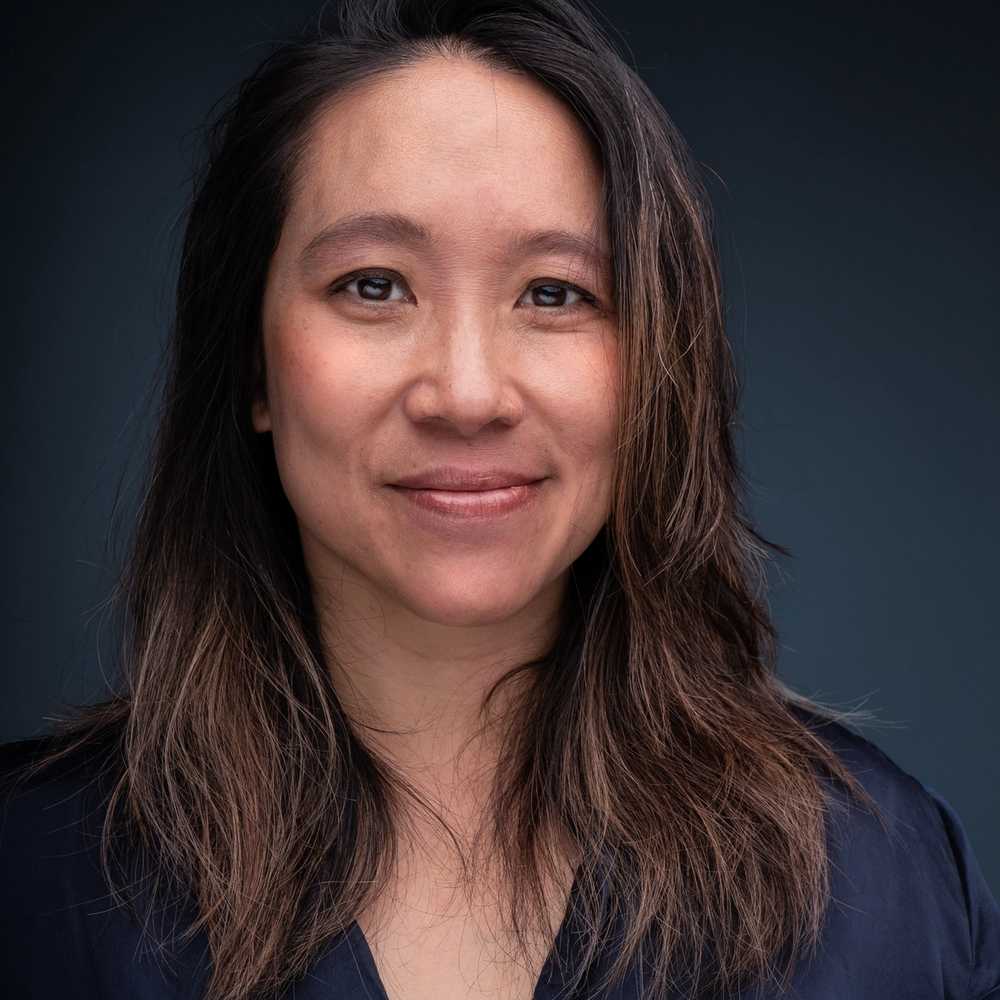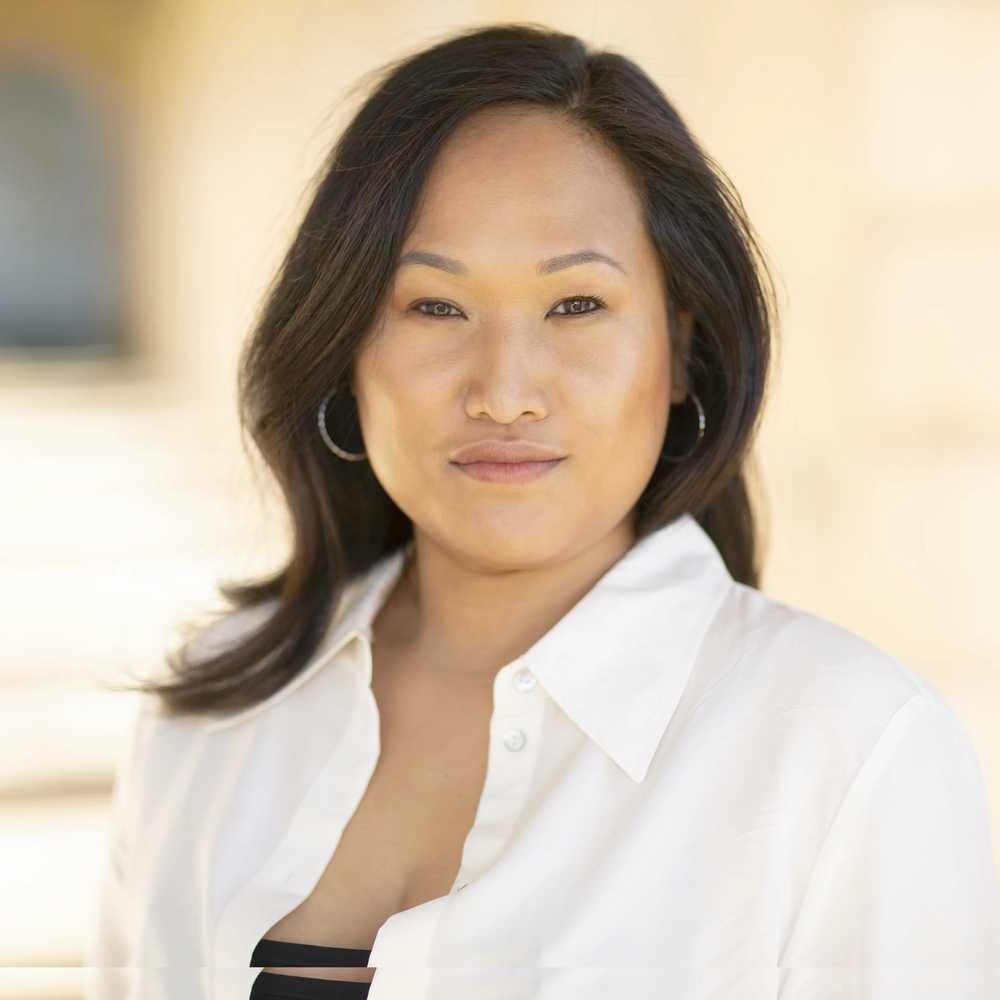Satellites was originally founded in 2016 through the support of Auckland Council’s Arts and Culture Programme. It had the explicit aim of addressing the programming deficit we were seeing across Tāmaki Makaurau when it came to our Asian diaspora artists, as well as the inequality we were seeing in arts programming across the city, with many outer suburbs less catered to in terms of baseline access to cultural experiences.
The programme was built around these ideas of access — not only geographical but financial and curatorial — and as a result was focused on the commissioning, creation and presentation of temporary installation and performance work across the city. Major works have included The Claw (2018), The Mood Machine (2018), K-Pop Party (2019) Kollywood Extra (2019) and The Crystal Ball (2019).
Over the years, its activities have included commissioning and presenting new work, facilitating national touring of that work, and advocating for the artists that it serves.
In 2020, during the pandemic, Satellites was defunded. While this was devastating, this also allowed for a critical moment of reflection, given the rapidly evolving nature of the city and its Asian arts communities.
During this period, we worked on and published Enter the Multiverse: Building a Stronger Sector for our Asian Arts Practitioners, which outlined three key pathways for investment in order to ensure the long-term sustainability of our sector. They were:
- Mid-career practitioners are supported to become leaders in Aotearoa on an international stage
- Early-career practitioners have culturally safe opportunities to build capability
- Asian diaspora artists have access to the opportunities and resources to develop a distinctive voice within Aotearoa
We recognise, and emphasise, that many of these conversations have relevance and resonance beyond our communities because our own success is tied to the success of our peers, and to the arts and cultural sector at large.
We have already seen tangible impacts of this research. The recommendations were used to directly inform the redesign of the Asian Artists' Fund, and funding support was offered through Manatū Taonga Ministry for Culture and Heritage to address the third recommendation — and, in particular, explore how this could be achieved through access to different types of knowledge.
These knowledges include understanding the whenua we occupy, and our place as tangata tiriti, as well as the shoulders we stand on — specifically, the history of Asian diaspora artists and art-making in Aotearoa. It also involves having the opportunity to be in dialogue with artists who are navigating ancestral knowledges, and figuring out how these might be drawn on and translated in a diaspora context, rather than directly lifted and re-presented.
That’s why our work over the next year is focused on:
- The creation of an online archive of Asian diaspora artists and art-making in Aotearoa
- A six-issue online magazine that will unearth some of the larger themes emerging in the archive, as well as leading contemporary conversations relevant to our Asian diaspora artists in Aotearoa
- A visiting artist programme where knowledge holders and practitioners will be invited to Aotearoa to share their knowledge and provide artists with an insight into alternative ways of making, thinking and doing.
We hope you enjoy exploring.
